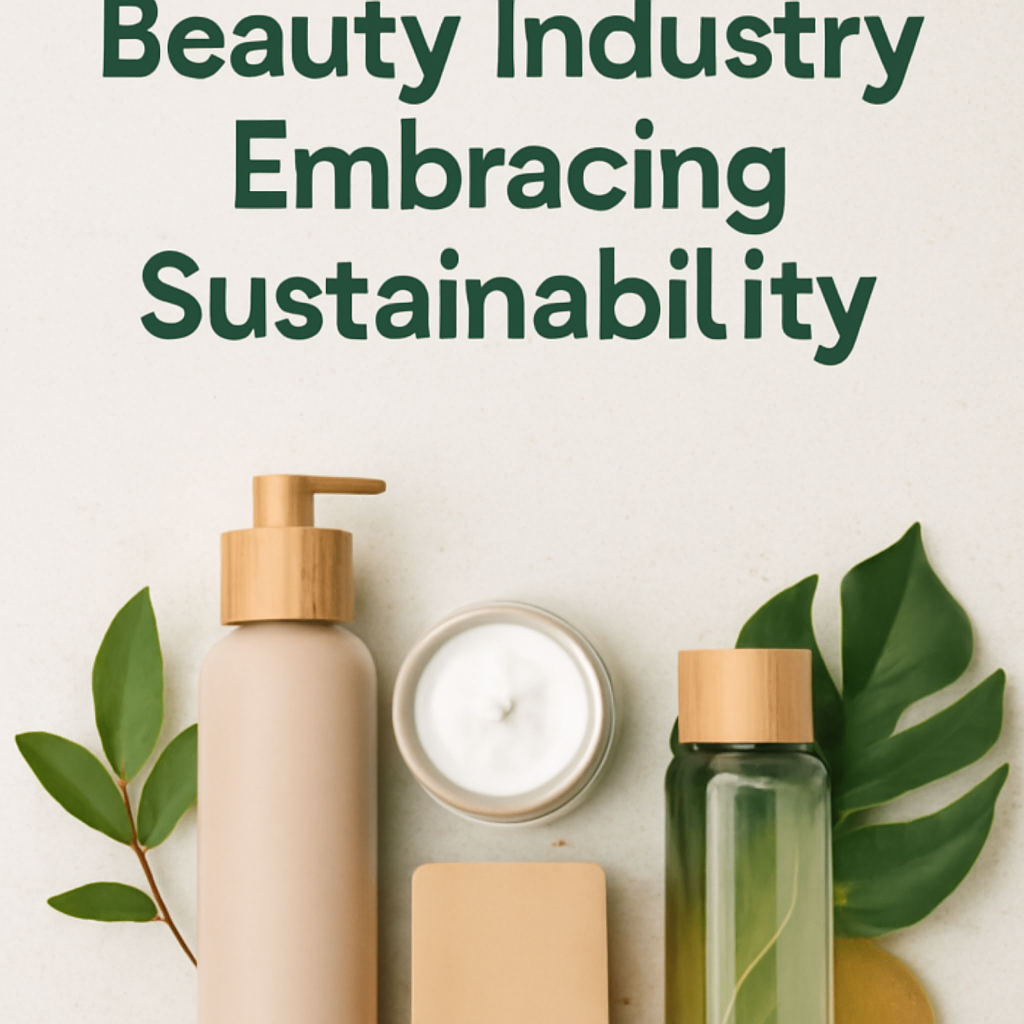Location
Mount Vernon, WA 98274
Location
Mount Vernon, WA 98274

As consumers become increasingly aware of environmental issues, the beauty industry is undergoing a significant transformation. Brands are now prioritizing sustainability by adopting eco-friendly practices and ingredients, reshaping how beauty products are made and marketed.
The beauty industry is experiencing a seismic shift, driven by a growing demand for sustainability among consumers. With climate change and environmental degradation at the forefront of global issues, many beauty brands are reevaluating their practices, striving to align with eco-conscious values.
One notable trend is the move towards sustainable packaging. Brands are beginning to ditch plastic in favor of biodegradable or recyclable materials. For instance, many companies are now using glass, aluminum, or innovative compostable materials. This transition not only reduces waste but also appeals to consumers who are increasingly scrutinizing the environmental impact of their purchases.
Beyond packaging, the formulation of beauty products is also changing. Natural and organic ingredients are gaining traction as consumers become more knowledgeable about what they are applying to their skin. Many brands are opting for plant-based ingredients that are ethically sourced and free from harmful chemicals. This shift is not just a trend; it reflects a deeper understanding of the relationship between our health and the environment.
Moreover, companies are making strides in transparency, providing consumers with detailed information about sourcing, production, and ingredient origins. Initiatives like the “Clean Beauty” movement are gaining momentum, encouraging brands to disclose potential allergens and toxins while also emphasizing the importance of ethical sourcing practices.
Another emerging aspect of sustainable beauty is the concept of “slow beauty,” which advocates for mindful consumption. Instead of the rapid turnover of trends that often leads to overconsumption, slow beauty encourages consumers to invest in fewer, high-quality products that are more sustainable in the long run. This philosophy promotes the idea of self-care through a more intentional approach to beauty routines.
Brands are also exploring refillable options, allowing consumers to purchase only the product instead of new packaging each time. This not only helps reduce waste but fosters a deeper connection between consumers and the products they use. By encouraging refillable systems, brands can create a loyal customer base that feels good about their purchasing decisions.
As this eco-conscious movement continues to grow, it challenges the traditional notions of beauty and consumerism. In this evolving landscape, consumers are empowered to make choices that reflect their values, driving the demand for brands to be more accountable for their environmental impact. The beauty industry is not just about looking good; it is increasingly about feeling good about the choices we make.
In conclusion, the shift towards sustainable practices in the beauty industry signifies a broader cultural change where consumers are prioritizing environmental responsibility. As brands adapt to these expectations, the future of beauty may very well be intertwined with the health of our planet.